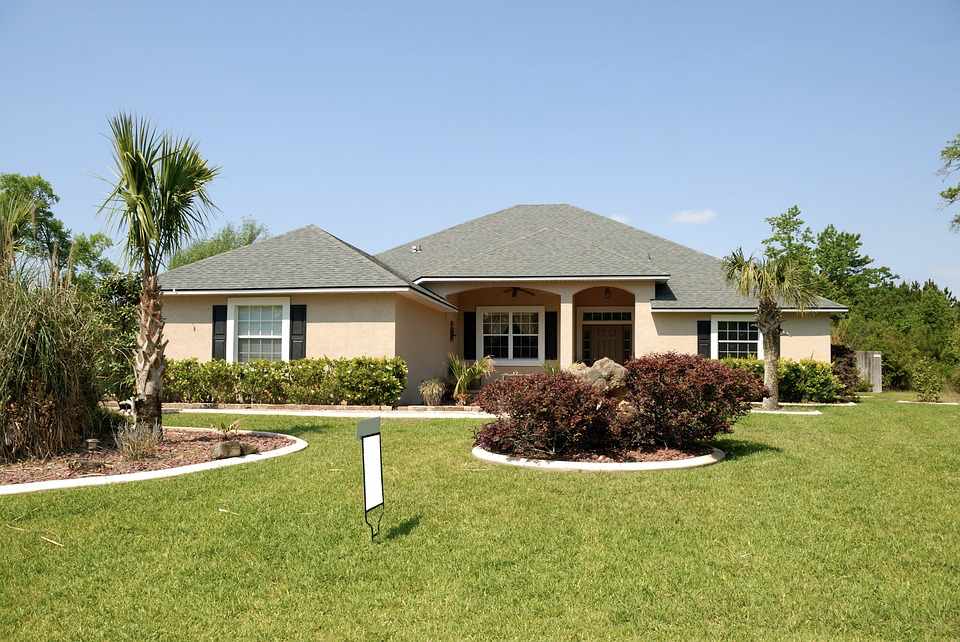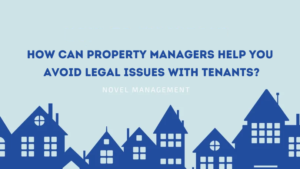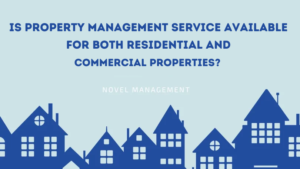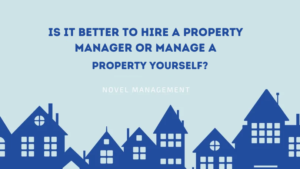Becoming a landlord has its own charms. That extra monthly income can help pay for the mortgage and cover a few additional expenses. However, becoming a landlord comes with its own set of responsibilities and legal obligations. You may be required to pay for certain costs if found legally responsible for the cost as per landlord liability. Here is all you need to know about Florida law on landlord liability.
If you, as a landlord, are found guilty or responsible for injury or damage to a person on a property you own, you will be liable to pay for the treatment and repair costs as well as the legal expenses. Landlord liability typically includes physical harm, including disease, illness, and death, and accidental damage to the property. Though in most landlord liability cases in Florida, courts make careful decisions as these cases serve as precedence for future cases, some laws outline a landlord’s responsibilities.
Landlord’s Responsibilities as Per Florida Law
-
The landlord must ensure the property is compliant with the building, health, and housing codes as laid out by law.
- The structure, including the roof, windows, porch, steps, windows, doors, exterior walls, and the home’s foundation, must all be in good condition. They should be sturdy enough to handle strong winds, regular forces such as minor earthquake vibrations, etc.
- Ensure that all the locks in the house are operational.
- Install operational smoke detectors in the home.
- Keep all common areas safe, clean, and hygienic at all times.
- Install screens on the property and have them repaired at least once a year.
Common Landlord Liability Claims
- Dog Bites – according to Florida law, dog owners are solely responsible for the expense in case a dog bites a visitor or a person in a private or public space. However, a landlord may also be held accountable for failure to remove a dangerous dog from their property.
- Security Issues – By law, the landlord must provide sufficient security to ensure the property is safe and secure, and inhabitable. Security measures can include the provision of functional and sturdy locks, smoke detectors, additional window locks, security cameras, alarm systems, and so on. If you own a multifamily residential building, you will also have to arrange for security guards, especially if the building is in a high-crime area.
- Slips and Falls – there are multiple cases where a landlord was found responsible for slips and falls. Here, a landlord is not responsible for the damage unless the plaintiff can prove that the accident occurred due to negligence on the owner’s part. These can include structural collapses because of weakened structure, improper window screening leading to falls, and if the property is not compliant with building codes, etc.
How Can You Avoid Landlord Liability?
The easiest way to avoid paying for landlord liability costs is by getting landlord liability insurance coverage. It ensures that the owner does not have to pay for any expenses out of their pocket. The landlord can take certain lines of defense to plead they are not responsible for the damages as well. For more information on Florida law on landlord liability, reach out to an expert such as a lawyer or your property manager.




